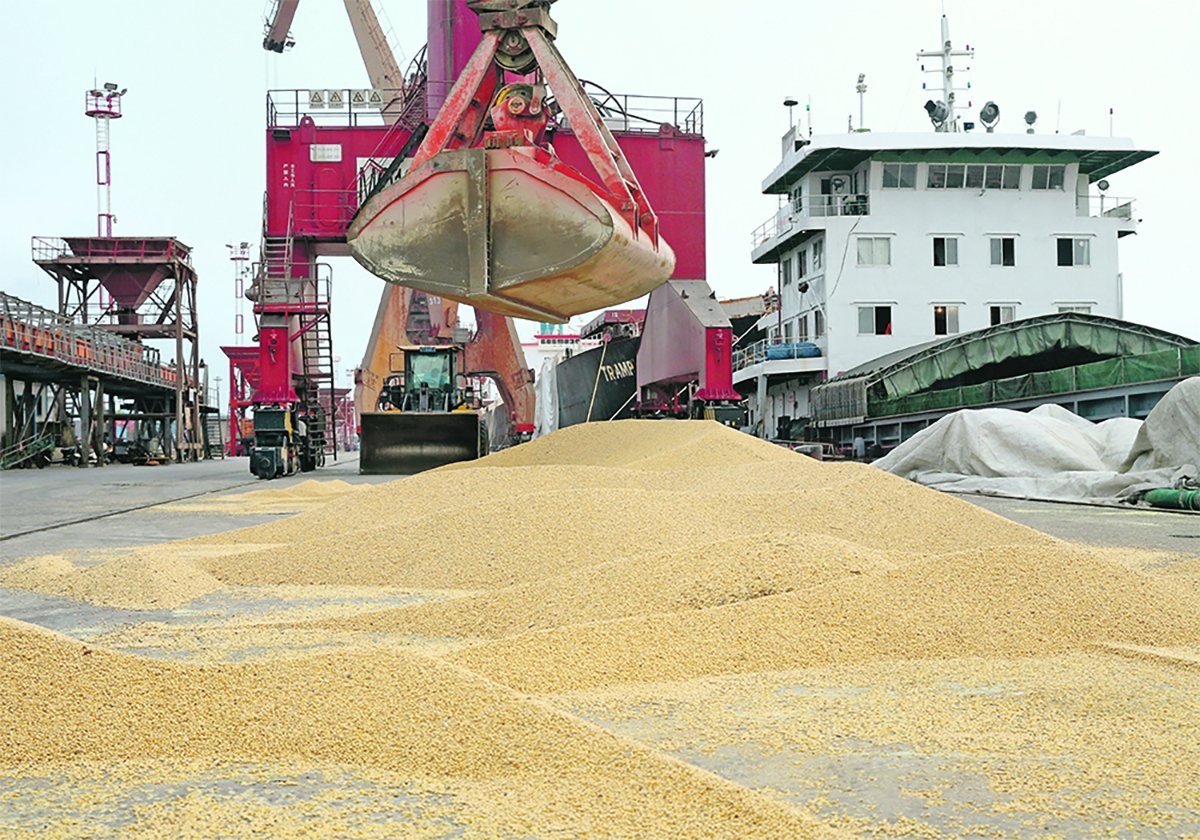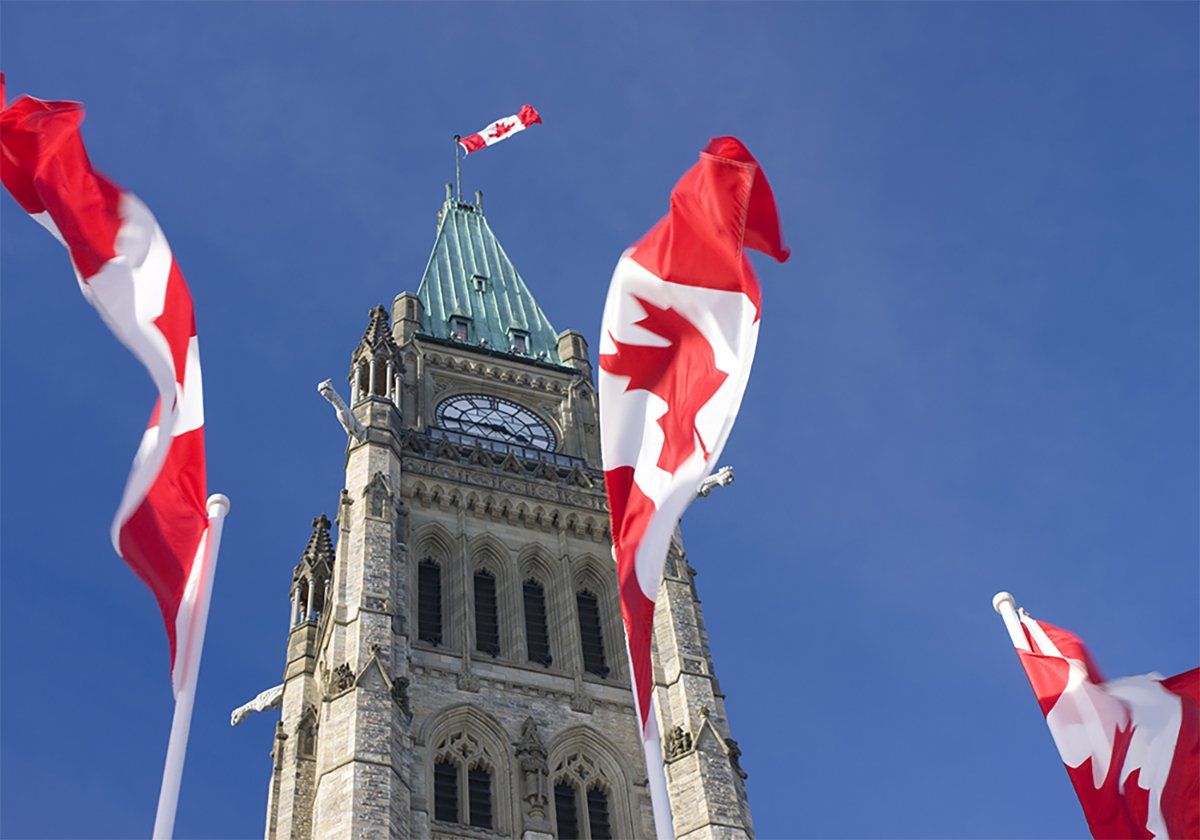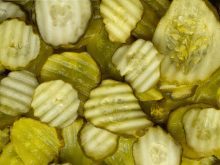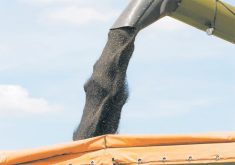I spoke to a farmer from north-central Saskatchewan earlier this summer about the dry spring in parts of Saskatchewan, but he changed the topic to China, canola and electric vehicles.
In his opinion, the Western Producer wasn’t providing sufficient coverage of Chinese tariffs on the canola oil, pork and other products that were announced in March. The 100 per cent Chinese duties on canola oil and meal came in response to Canada’s steep tariffs on electric vehicle imports from China.
Since 95 per cent of grain farmers on the Prairies grow canola and China is a critical market for canola, the farmer was right. We should have looked more closely at this story and the consequences of the federal government’s unwavering support for the EV industry in Ontario and Quebec.
Read Also

U.S. soy subsidies will cause lasting damage to industry
Nothing illustrates the demise of world trade agreements more than the recent dispute between the United States and China.
We were likely distracted by U.S. president Donald Trump and his unwavering support of tariffs, but there could be another explanation.
Farm groups and commodity groups in Canada often strike a conciliatory tone, rather than aggressively criticizing the government.
The one exception to that rule is the Wheat Growers Association, a group that pulls no punches.
“The government can’t keep pitting eastern manufacturing and ill-conceived EV interests against western agriculture and expect us to just absorb the hit,” wheat growers president Gunter Jochum said Aug. 12 about China’s 75.8 per cent anti-dumping duty on Canadian canola seed.
A good example of the “let’s all get along” approach of Canadian farm organizations was prime minister Mark Carney’s appointment of Heath MacDonald as agriculture minister in May.
Most ag groups and farm leaders were expecting Kody Blois, an MP from Nova Scotia and a respected voice for agriculture, to become minister. But when he didn’t, no one said anything.
Just like nobody said anything in the summer of 2023 when Lawrence MacAulay (of Prince Edward Island) was re-appointed minister of agriculture, despite his reputation as a political lightweight with minimal influence in Ottawa.
Thanks to the conciliatory tone of farm groups, Canada’s agricultural media often adopts a similar approach with the feds.
We should throw more darts at federal policies when criticism is justified, but if farm groups won’t publicly lash out at the government, it’s nearly impossible to write a hard-hitting story.
This matter of tone, though, ultimately rests with the producers who pay the levies and cover the costs for these associations. If farmers do want commodity groups and farm organizations to get more aggressive with the powerful people in Ottawa, they need to show up at a farm meeting this fall and say so.
















